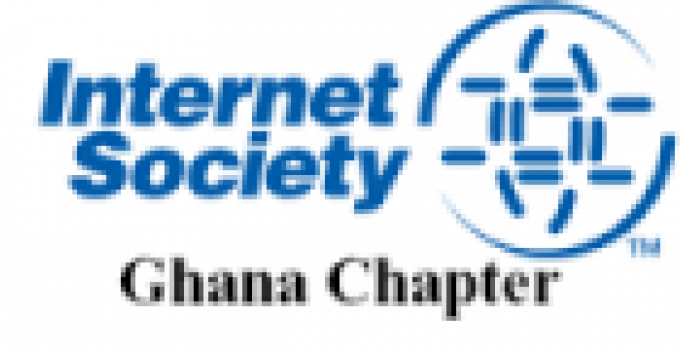The Internet Society (ISOC) Ghana Chapter has organized a forum for researchers in Ghanaian Universities at the Ghana Korea IAC Centre at the University of Ghana, Legon.
Over 40 participants, including students from various universities in Ghana attended the Forum which was held on the side of the ISOC InterCommunity 2016 event.
The focus of the Forum was to introduce academics and researchers to the activities of Internet Engineers Taskforce (IETF).
Mr. Alain Patrick Aina, a senior Network Engineer at West and Central Africa Education Network (WACREN) gave an overview of the IETF to introduce the participants.
According to Mr. Aina, the aim of the IETF was to engage countries, particularly those in the developing world like Africa in discussions and activities to make the Internet work better. This he said could be done by joining any of the IETF Working Groups where one can contribute and share ideas.
“Africa’s participation at the IETF leaves a lot to be desired and we struggle to fit in IETF community, but African voices have to be heard otherwise all decisions on the Internet will be done by the Global North,” said Mr Aina. He therefore encouraged the participants and was hopeful that through this and other fora, more Africans researchers would understand how the IETF operates and actively participate in its activities.
Speaking on the benefits of being part of the IETF community, Prof. Nii Narku Quaynor, pioneer of the Internet in Ghana and ISOC Ghana Chapter Chair indicated that, academics stood to benefit immensely.
For instance, sharing of research experiences and gaining knowledge from the IETF community among others were some of the benefits. Though the IETF does not fund research, Prof. Quaynor indicated that academics could engage in collaborative research and seek funding for their projects. He also indicated that the Internet Society does haves some fellowship for research, albeit minimal.
Mr. Marcus K. G. Adomey, ISOC Ghana Chapter President, noted that there was the need for home grown funding of research projects and that universities could approach the telcos and other industry players for funding.
Given the benefits of participation in the IETF, participants recommended that upgrading the University curriculum to include IETF’s activities would be an uphill task. They therefore agreed to make use of their Networking courses to include IETF activities, so that right from university, students would be conversant with how the organization operates and would become involved in its activities.
Prof. Quaynor noted with concern that the Computer Science Departments in the countries universities had been dormant for far too long and it was time for them to come together to share ideas. “The bedrock of academia is about research and innovation, thus universities must come together to collaborate,” he said. He encouraged participants to reorganize their research by strengthening the annual Conference of Heads of IT departments, where students as well as lecturers could present papers of their research projects.
Participants also discussed the challenges of Access to Internet and what the government was doing to address the problems from both the supply and demand side.
Internet Society’s Intercommunity event which was pioneered in 2015 brings the Internet community together to among others, highlight regional accomplishments; remember and highlight ISOC’s mission; celebrate and reflect on the community’s work and provide ISOC members with a sense of belonging through opportunities to act.

